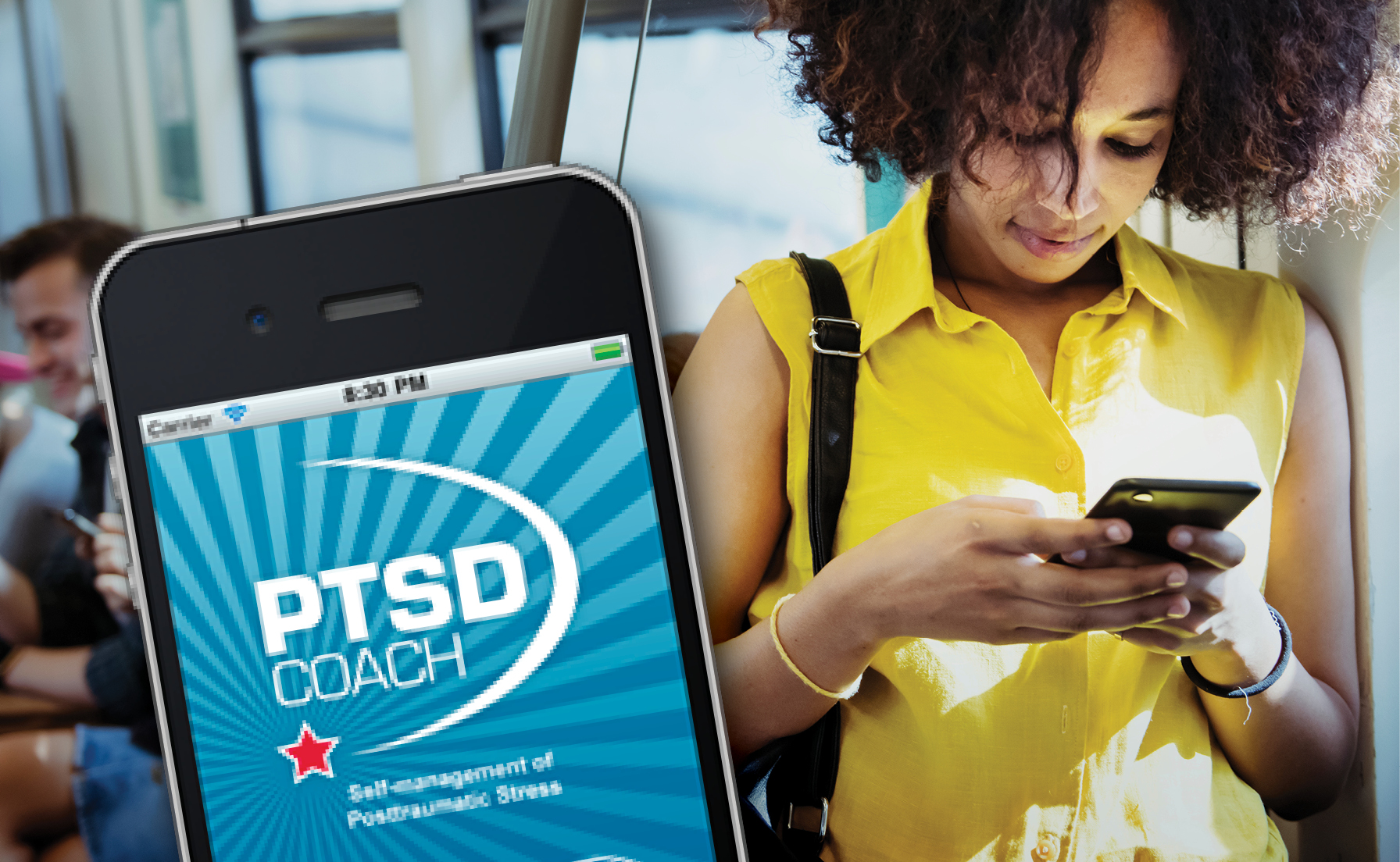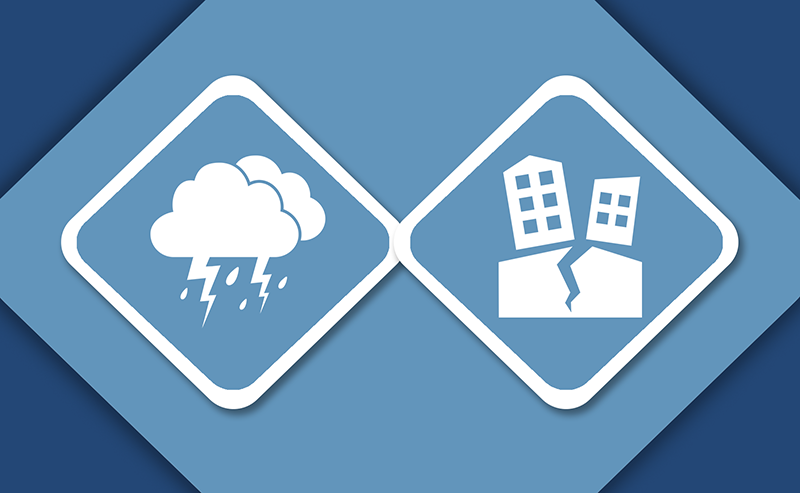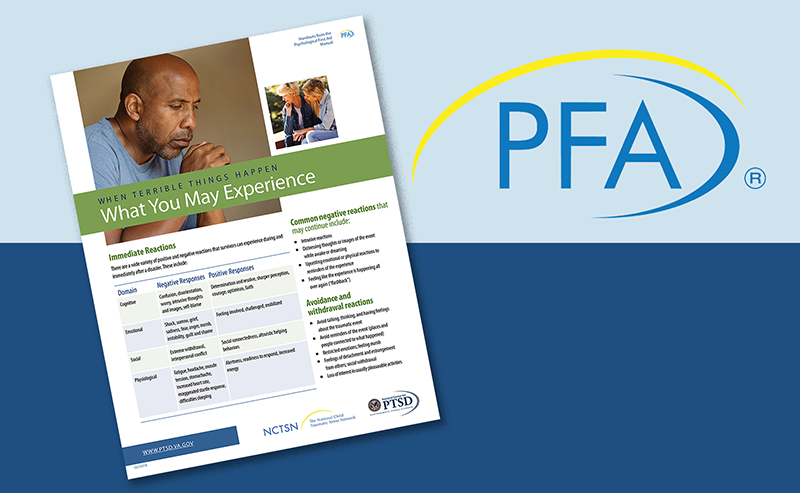PTSD: National Center for PTSD
Strategies for Families to Adapt to Disaster Events
Strategies for Families to Adapt to Disaster Events
Available en Español
After a disaster event, families and communities may be left to deal with fear, anger, and loss. Learn how to use and adapt strategies that help families feel safe, calm, and connected, building coping skills and hope.
Reading time: minutes
The impact of disaster events—which can include natural or human-caused disasters, mass violence, or public health emergencies like disease outbreaks, chemical spills, or radiation emergencies—can be very challenging for families to manage. You may be forced to adapt to rapidly changing conditions, make difficult choices, and deal with disruptions at home, at work, and in your community. It is not always easy, but there are strategies you can use to cope and build resilience. With these 5 elements, your family can better adapt:
- Increase sense of safety
- Increase calming
- Connect with each other
- Build personal and family competence
- Foster hope
How can you use the 5 elements?
You can modify these elements based on many factors, including the level of disruption in your life and the age of children in your home. Using the elements as a guide can help you create your own ways to help your family cope.
Pick some of the following ideas within each of these 5 elements or develop your own. Using them can help your family work through the challenges you are facing. If anyone is having a very hard time and needs more help, know that there are resources available to support recovery. SAMHSA's Disaster Distress Helpline is available 24/7 in English and Spanish at 1-800-985-5990.
Increase sense of safety
When families don't feel safe, everyday issues can feel overwhelming. The ever-changing nature of disaster events can result in an ongoing sense of being threatened, so it is important to increase your sense of safety. It is helpful to give up-to-date on information and consistent safety messages to your family, such as:
- "We will get through this together."
- "If one of us gets sick, we will do what we need to do to care for each other."
Some people feel safer by becoming involved in change efforts, activism, or community programs. For others, it may be more important to focus on what is in their capacity to control, even if those things seem like small actions.
Increase calming
Disaster events may be stressful for everyone in the family. Talk with your family about how there will be times when each of you may not be at your best, and that it is important to try to be patient, tolerant, and kind with each other. Help children manage difficult emotions. Here are some ideas to help focus on calming:
- Consider reducing activities that could potentially increase anxiety—such as watching the news—even if you don't think children are paying attention.
- Offer simple tips, such as showing empathy, talking through concerns, taking short breaks, noticing and naming feelings, and focusing on breathing.
- Remind your family that feelings such as sadness, anxiety, and fear are understandable and that it's okay to talk about them.
Do your best to let family know that their well-being is one of your priorities. Keep to a routine. Structure helps younger children know what to expect and can be calming. Consider scheduling shared activities into your day that have meaning for your family.
Connect with each other
Be dedicated about connecting with loved ones within and outside of the immediate family. Include family members and close friends who don't live in your home to make the circle wider.
This can be a time to discover new things about one another and other family members, like grandparents (e.g., "What's one thing I don't know about you?"). Tell children positive, fun, or meaningful stories from your past. Find new and creative ways to express your love, like notes or drawings.
You can also create new family routines or rituals that promote connection. Do something together that helps someone else, like helping neighbors with tasks, like dog walking or yard work. There may be community park or playground clean-up projects you can join. Start a family project or family board game, teach children a craft or skill, or have them teach you something they are learning in school. Ask your children what they would like to do and schedule it into your time together.
If you are physically away from others, "Apart But Connected" is a simple "ABC" message that communicates how families can still stay connected. Dedicate time to check in regularly by video, phone, text, or notes. If you are separated within your residence because of a disease outbreak, you could also use video messaging, walkie-talkies, or passing notes or pictures.
Build personal and family competence
Competence means having the ability to do things well or efficiently. Below are some tips to build competence for yourself and your family.
Talk about and develop skills. There are many ways to build competence. You can talk about and develop skills that can help you get through your current challenges. For instance, involve the family in a problem-solving approach to challenges, where you talk through problems; break them down into smaller chunks; brainstorm creative solutions together; negotiate the solutions that will work best for everyone; and take small, steady steps towards your goals.
Role-model competence. Demonstrate patience, forgiveness, and tolerance with yourself to show your children how to do the same. Just being your best self—whatever that best self is in that moment—will inspire others. As you strive to do your best remember to be realistic. A crisis can make it hard to keep up our usual standards in what we think, feel, or do. You may want to adapt your idea of what a good day is and what you ask of yourself.
Highlight growth by documenting the lessons you learn. Create a video diary, scrapbook, or piece of art together about what is happening and what you are learning from it. You can also document what you have learned from the positive things you've seen others doing.
Whatever you choose to do, competence can grow by organizing your actions, discussions, and activities around the following messages:
- "We can tackle problems together."
- "When times are tough, we may have to take smaller steps, but we will keep moving forward."
- "We do not always have to be perfect and can be patient with ourselves when we are not."
Foster hope
It is natural that families may be scared, in shock, angry, sad, or discouraged during disaster events. This is particularly true for those who suffered significant loss. Focusing on the ways you and your family are safe or strong can help to foster hope. You can also discuss positive things that you see others doing, ways in which you believe that the situation will become better with time, or ways in which you are grateful. Ask others in your life to share how they have maintained hope or seen things from a more hopeful perspective. Highlight that people are working hard to help everyone get through this.
Many people turn to their values or beliefs as a way to make meaning or raise hope in a difficult time. For some, that might mean finding ways to help others or engaging in protest or activism. Others who have faith in a higher power spend more time in activities that foster those beliefs, like prayer, meditation, reading, or reflection.
Summary
The strategies you choose or develop on your own can make a difference in maintaining your family's hope, ability to endure, feeling of connection, ability to remain calm, and sense of safety. They may even become healthy habits that keep your family strong through other times in your life together. Remember that as you practice these actions, you don't need to be perfect or steady at all times. Do your best, be kind to yourself, and remember that anything you do to role model these types of strategies will help your children as adults and caregivers themselves.
People who are more directly affected by the disaster or those with prior trauma or mental health conditions may need more individual support. Meeting with others who have faced similar challenges can help. Mental health treatment may also be useful. If you feel unable to function, contact a medical or mental health professional; there are effective treatments for problems that can occur after a disaster event, like PTSD, depression, and intense grief. The sooner you get help, the sooner you will start to feel better.
You May Also Be Interested In


























